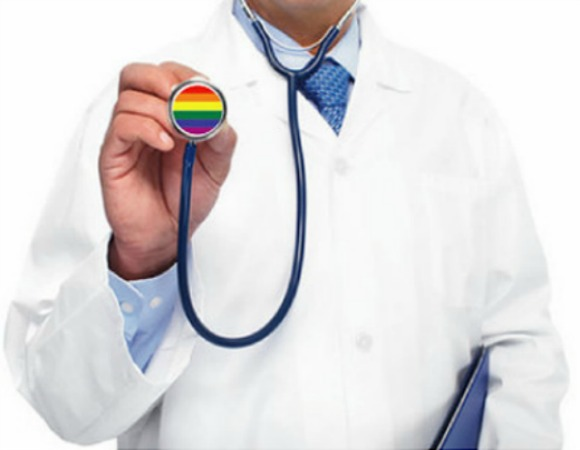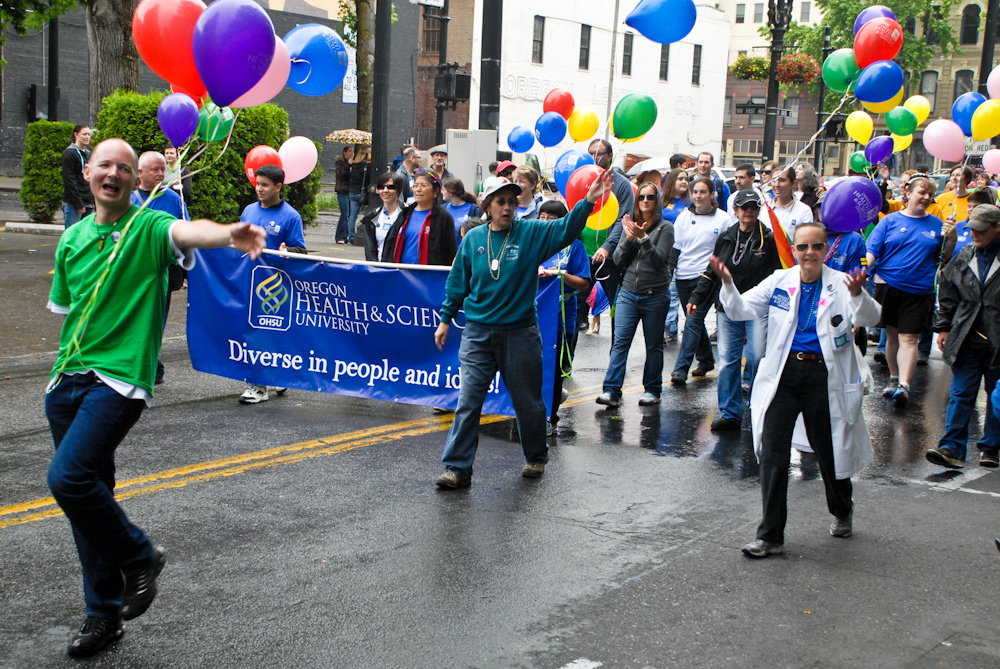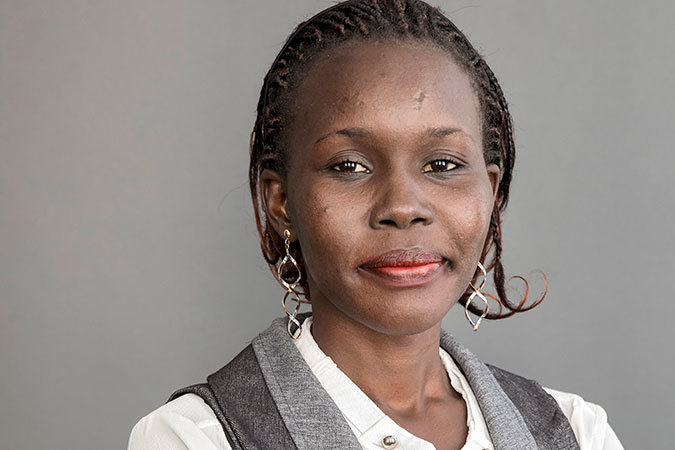A recent study published in JAMA Internal Medicine, and covered by theNew York Times, took a big step towards dissecting and combatting health disparities faced by the queer community. Members of the LGBTQ community often face stigma and discrimination from the medical establishment, which is associated with a greater incidence of mental and physical illness. These health disparities are known, but not well understood.
The gap in knowledge can be attributed to a lack of data about LGBTQ patients. Most health systems do not collect data on sexual orientation. For decades, our culture has adopted a “don’t ask, don’t tell” policy with regard to sexual orientation. Queer people hide in “closets” — hence the popular metaphor about coming out — and relatives, friends, and professionals are reticent to ask us to reveal something so private about ourselves. For decades, it has been understood that LGBTQ people do not want to be asked to reveal their sexual orientation, especially in a health care setting, where patients are vulnerable and caregivers are in positions of power. But this assumption has gone unchallenged, until the EQUALITY Study.

Researchers conducted surveys and qualitative interviews with hundreds of health care professionals and over 1500 patients with varied sexual orientations. The results revealed a shocking disparity between health care professionals’ assumptions, and patients’ actual preferences. While over 75% of clinicians assumed that patients would refuse to reveal their sexual orientation when asked, only 10% of patients actually said they would refuse to answer.
If you’ve ever experienced a doctor’s visit as a queer person, you probably understand this. Picture this: you’re sixteen years old and visiting the gynecologist for the first time. Your doctor starts by asking you a series of questions, to determine what tests and procedures she’ll do.
“Are you sexually active?” she asks.
“Yes,” you say.
Next, “Are you on any form of birth control?”
“Nope…” you reply, trying to speak those ellipses out loud so that she might understand. Instead she seems confused.
“Hmmm…well do you use condoms when you have sex?”
“Nope!” She must be getting it now, you think to yourself. She’s a gynecologist, how could she not understand this?
“When was the first day of your last period? Is it possible that you’re pregnant?” Finally you have to end it. Now the doctor is clearly judging you for your unsafe sex practices.
You summon up all the courage you can, and you say “Actually, I’m gay. I sleep with women.” You’ve only ever said that to a handful of people in your life, before today.
“OH!” she says. But she doesn’t apologize. Apparently it was your responsibility to “come out” to your gynecologist, not her duty to ask you the question, even though it is directly relevant to the care she provides.
Sound familiar? If you’ve ever been in that situation, the results of the EQUALITY study come as no surprise at all. Analyses of the qualitative interviews with participants revealed that patients wanted to be asked about sexual orientation for three main reasons: medical relevance, recognition, and normalization.
As in the anecdote above, a patient’s sexual orientation is often relevant to clinical care. Failing to ask about it puts patients in the awkward position of having to come out, or to receive substandard or unnecessary care. Asking patients to disclose their sexual orientation also improves queer visibility and recognition, and helps develop honesty, trust, and a rapport between doctor and patient. As one participant in the study expressed, “When you struggle with invisibility, you look for a sign of yourself anywhere, absolutely anywhere.” And, asking about sexual orientation as a part of routine clinical care also serves to normalize queerness — making it as routine as a question about symptoms or family health history. As one study participant said, “[Routine collection] basically takes the taboo away from it…”

When the medical community assumes what patients and communities want and need, we are all worse off for it.
That’s why, at Temple University’s Center for Bioethics, Urban Health, and Policy, we are going to redouble our efforts to improve access to research opportunities for minorities and individuals in urban, distressed communities. Only with their direct input and buy-in can we better understand not only how to improve the health of these communities, but also how to best respect their wishes and their autonomy.
This piece originally appeared in Urban Bioethics @ Temple’s Medium blog: https://medium.com/@CBUHP/centering-the-queer-patient-experience-aaaee94770d5










